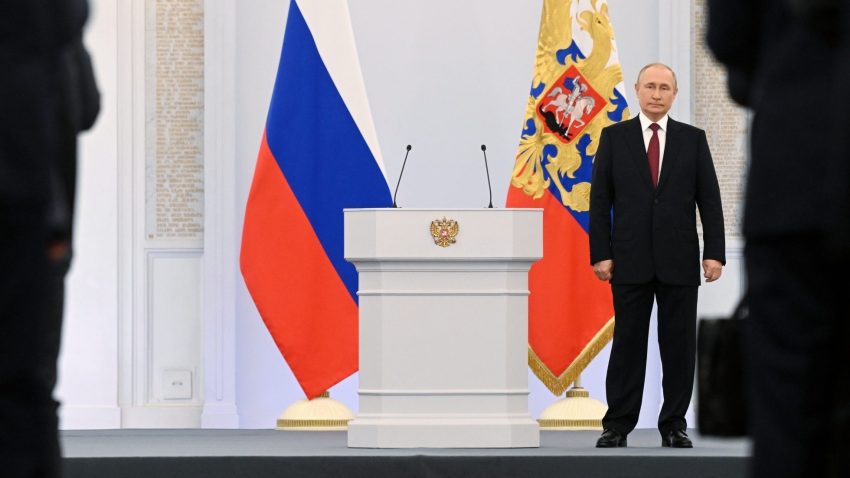A few days after Yevgeny Prigozhin called off the Wagner private military company’s June 24 march on Moscow that he had launched to force concessions from Russian President Vladimir Putin, I took another look at a documentary from the mid-1990s by Belgian journalist Thierry Michel. The documentary is about Mobutu Sese Seko, the autocratic ruler of Zaire—now known as Congo—and European expatriates in Kinshasa whose fate depended on his survival. The parallels with recent signs of instability in Russia and Prigozhin’s suspicious death in a plane crash last week are striking.
In the wake of Prigozhin’s failed revolt, it felt eerie to watch the parts of Michel’s film that cover the September 1991 mutinies in Kinshasa by unpaid elite troops. Those mutinies led to widescale looting by an impoverished Congolese population that had grown desperate after watching kleptocratic elites loot the state for decades. Watching images of social collapse 30 years ago from which Congolese society has only now begun to recover, ones wonders what might happen in Moscow if the hollowing out of state institutions under Vladimir Putin culminates with mutinous troops seizing control of the city’s streets. The likelihood that Prigozhin’s death was an assassination ordered by Putin will initially intimidate Russians frustrated with economic stagnation and battlefield losses in Ukraine. But, as Mark Galeotti has pointed out, Putin’s reversal of his initial commitment to forgive Prigozhin reflects a collapse of trust among elites that will undermine the Putin regime’s cohesion.
Congo’s crises in the 1980s and 1990s indicate how the process of state decay can drag out for decades. Even when state institutions have become completely hollowed out and corrupted, an autocrat can still cling to power if there is no clear successor who can continue to protect the interests of elite factions whose fate is intertwined with an authoritarian status quo. Even as military mutinies, massive looting and failed interventions by the Belgian and French militaries to stabilize the regime unfolded in 1991, Mobutu still outmaneuvered rivals such as Etienne Tshisekedi for another half decade as desperate elites remained paralyzed by infighting.

